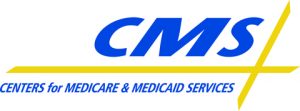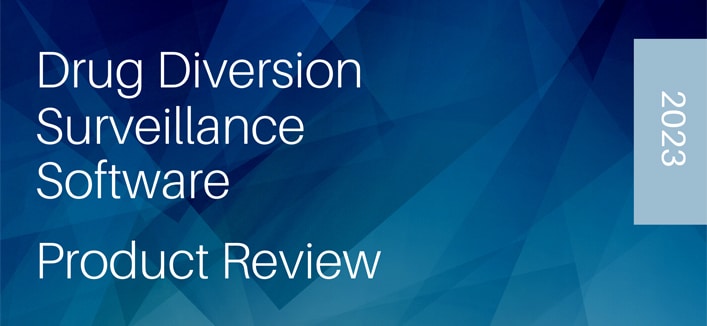
Medication errors are a substantial source of morbidity and mortality risk in the hospitalized setting. Therefore, hospitals must take steps to prevent, identify, and minimize these errors. These steps must be based on accepted professional principles. This includes not only ensuring that the pharmacy processes conform to accepted standards of pharmacy practice, but also proactively identifying and reviewing Adverse Drug Events (ADE) that occur. Pharmacies also need to be aware of external alerts to real or potential pharmacy-related problems in hospitals.
- 482.25(b)(6) – Drug administration errors, adverse drug reactions, and incompatibilities must be immediately reported to the attending physician and, if appropriate, to the hospital’s quality assessment and performance improvement program.
Interpretive Guidelines §482.25(b)(6)
The immediate reporting requirement applies to drug administration errors, adverse drug reactions or incompatibilities that have harmed or have the potential to harm the patient. If the outcome of the drug administration error is unknown, the physician must also be notified without delay. Drug administration errors that result in no or insignificant harm to the patient must also be documented in the medical record but do not require immediate reporting to the attending physician. For example, if an analgesic dose is missed during the night shift, it can be reported first thing in the morning. Hospital staff is expected to use their clinical judgment, based on patient presentation and assessment in accordance with hospital policy and procedures, to determine whether immediate reporting is required. On the other hand, for purposes of reporting to the hospital’s QAPI program, hospitals must, in accordance with the requirements of the QAPI CoP at 42 CFR 482.21(c)(2), track and report not only the errors that cause or risk harm to the patient, but also those which do not. Such “near misses” and suspected ADRs may reveal important information about systems vulnerabilities that the hospital should address in order to avoid events that result in harm. Hospitals must establish policies and procedures for reporting of medication errors, ADRs, and incompatibilities, and ensure that staff is aware of the reporting process. For those events that require immediate reporting, the hospital’s policies must establish timeframes for reporting that are based on the clinical effect of the error on the patient.
One of the most important ways to prevent medication errors is to learn from errors that have occurred in other organizations and to use that information to identify potential risk points or practices within your organization to prevent similar errors. —ISMP Best Practice 14







